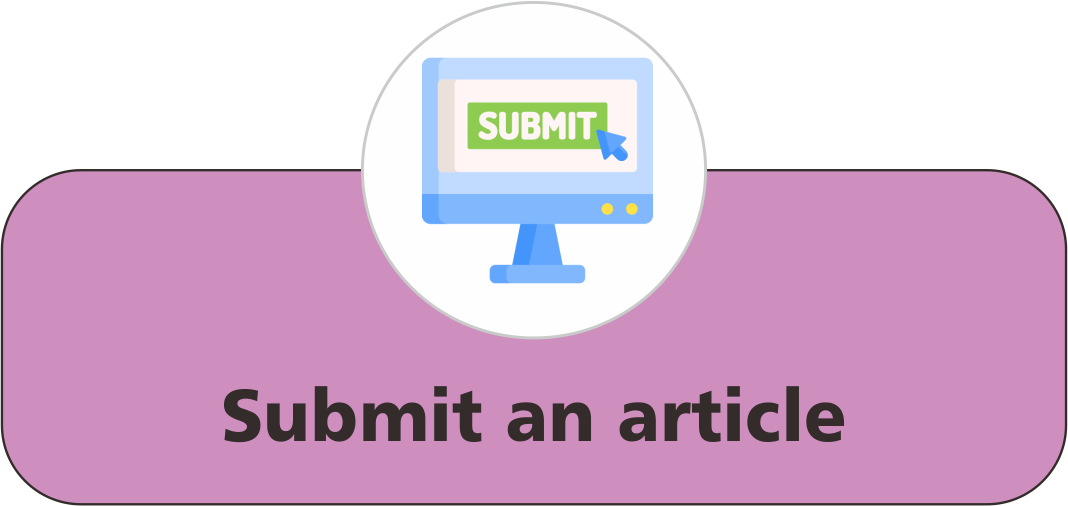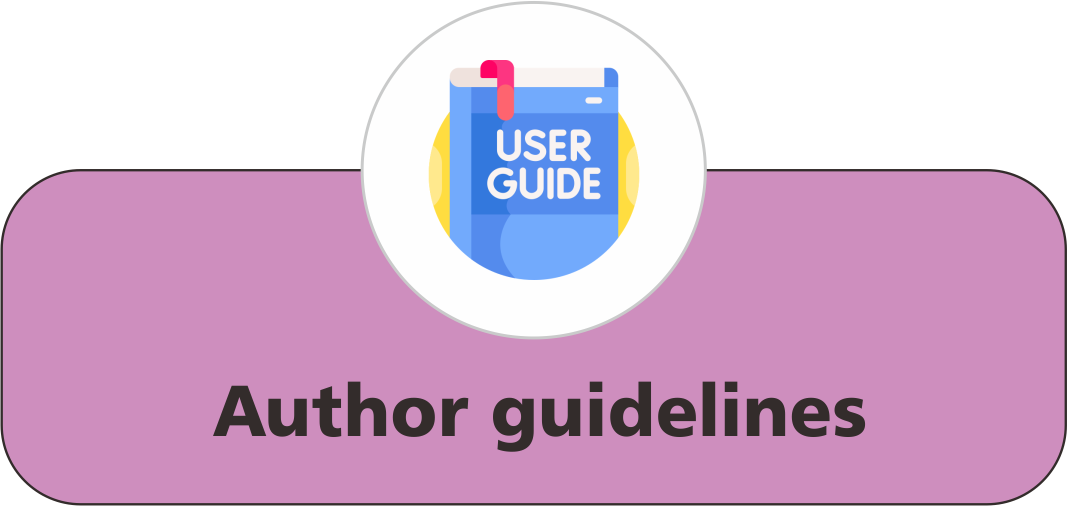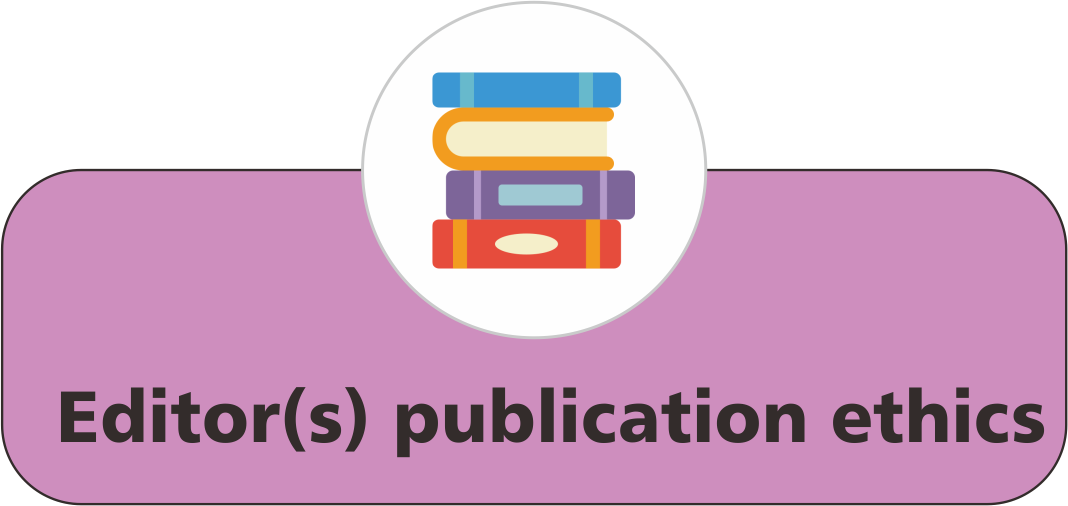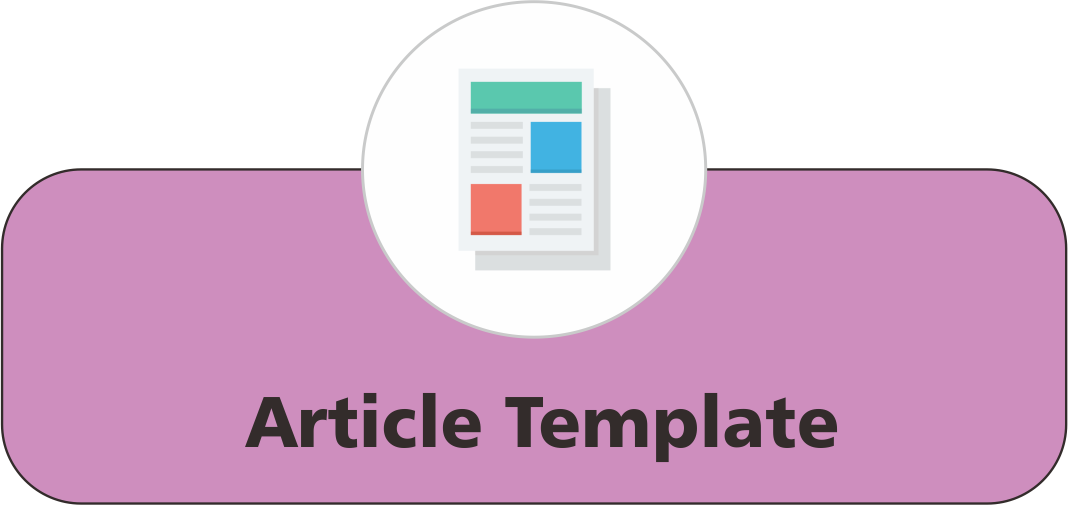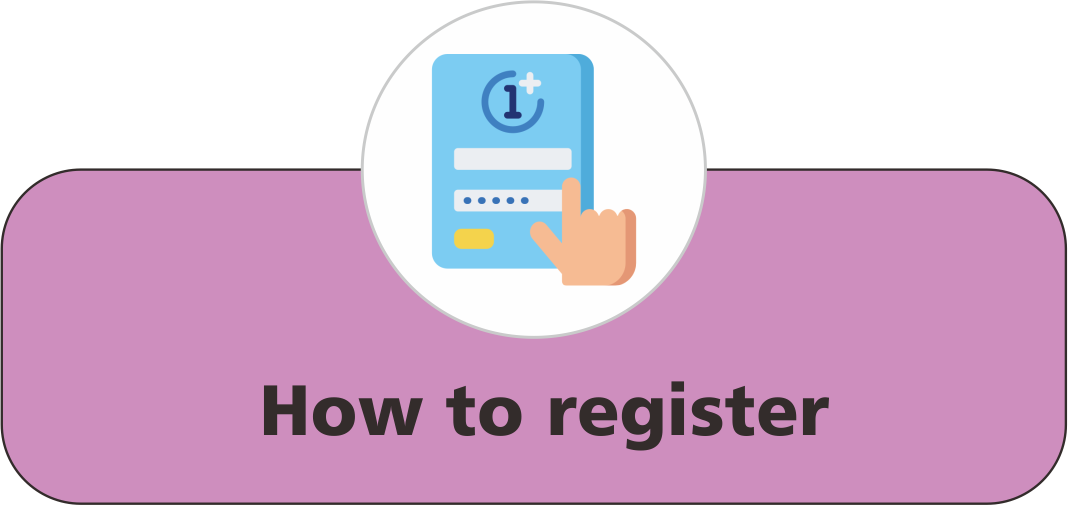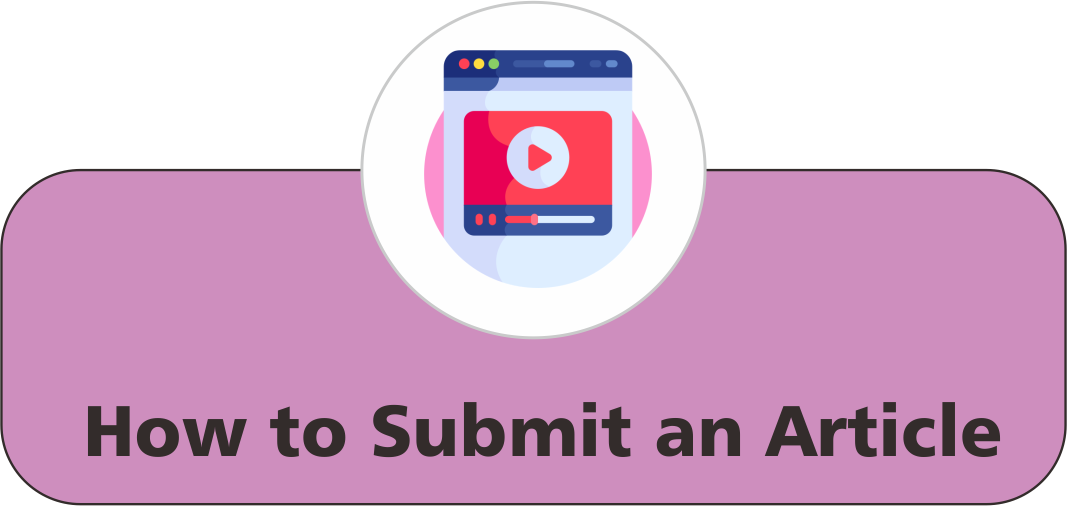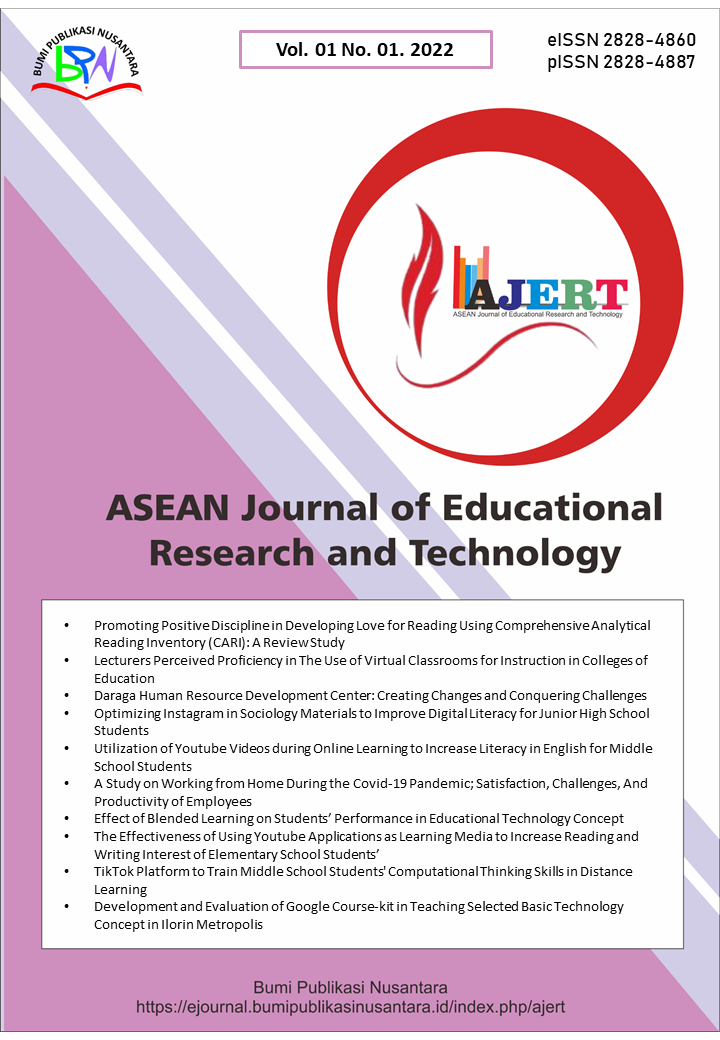Bibliometric Analysis Using VOSViewer with Publish or Perish of Metacognition in Teaching English Writing to High School Learners
 ), Jiraporn Chano(2),
), Jiraporn Chano(2),
(1) Mahasarakham University
(2) Mahasarakham University
 Corresponding Author
Corresponding Author
Abstract
Keywords
References
Aghdar, A., Allipour, S., and Shehni Yeilagh, M. (2020). The relationship between executive functions and self-regulated academic learning regarding the mediating role of metacognition and working memory among university students. Iranian Journal of Learning & Memory, 2(8), 73-82.
Al Husaeni, D. F., and Nandiyanto, A. B. D. (2022). Bibliometric using vosviewer with Publish or Perish (using google scholar data): From step-by-step processing for users to the practical examples in the analysis of digital learning articles in pre and post Covid-19 pandemic. ASEAN Journal of Science and Engineering, 2(1), 19-46.
Al-Mekhlafi, A. M. (2018). EFL learners' metacognitive awareness of reading strategies. International Journal of Instruction, 11(2), 297-308.
Anggarista, S., and Wahyudin, A. Y. (2022). A correlational study of language learning strategies and english proficiency of university students at EFL context. Journal of Arts and Education, 1(2), 26-36.
Aripin, N., and Rahmat, N. H. (2021). Metacognitive writing strategies model used by ESL writers in the writing process: A study across gender. International Journal of Asian Social Science, 11(1), 1-9.
Balta, E. E. (2018). The relationships among writing skills, writing anxiety and metacognitive awareness. Journal of Education and Learning, 7(3), 233-241.
Baresh, E. F. (2022). Developing Libyan undergraduates ‘writing skills through reflective journaling: a critical literature review. Journal of English Language Teaching and Learning, 3(1), 27-35.
Briška, I., and Siliņa-Jasjukeviča, G. (2022). Promoting pre-service teachers’ domain-general metacognition. Acta Paedagogica Vilnensia, 49, 43-55.
Çakici, D. (2018). Metacognitive awareness and critical thinking abilities of pre-service EFL teachers. Journal of Education and Learning, 7(5), 116-129.
Danh, L. T., and Quan, N. H. (2021). Vietnamese university EFL teachers’ reported and classroom practices in teaching listening. International Journal of Science and Management Studies, 4(5), 10-26.
Darjito, H. (2019). Students' metacognitive reading awareness and academic english reading comprehension in EFL context. International Journal of Instruction, 12(4), 611-624.
Dori, Y. J., Avargil, S., Kohen, Z., and Saar, L. (2018). Context-based learning and metacognitive prompts for enhancing scientific text comprehension. International Journal of Science Education, 40(10), 1198-1220.
Forbes, K., and Fisher, L. (2018). The impact of expanding advanced level secondary school students' awareness and use of metacognitive learning strategies on confidence and proficiency in foreign language speaking skills. The Language Learning Journal, 46(2), 173-185.
Lestari, M., and Wahyudin, A. Y. (2020). Language learning strategies of undergraduate EFL students. Journal of English Language Teaching and Learning, 1(1), 25-30.
Maftoon, P., and Fakhri Alamdari, E. (2020). Exploring the effect of metacognitive strategy instruction on metacognitive awareness and listening performance through a process-based approach. International Journal of Listening, 34(1), 1-20.
Mahmud, M., and Nur, S. (2018). Exploring students' learning strategies and gender differences in English language teaching. International Journal of Language Education, 2(1), 51-64.
Mitsea, E., and Drigas, A. (2019). A journey into the metacognitive learning strategies. International Journal of Online & Biomedical Engineering, 15(14), 4-20.
Muhid, A., Amalia, E. R., Hilaliyah, H., Budiana, N., and Wajdi, M. B. N. (2020). The effect of metacognitive strategies implementation on students' reading comprehension achievement. International Journal of Instruction, 13(2), 847-862.
Nanda, D. W., and Azmy, K. (2020). Poor reading comprehension issue in EFL classroom among Indonesian secondary school students: Scrutinizing the causes, impacts and possible solutions. Englisia: Journal of Language, Education, and Humanities, 8(1), 12-24.
Negretti, R., and McGrath, L. (2018). Scaffolding genre knowledge and metacognition: Insights from an L2 doctoral research writing course. Journal of Second Language Writing, 40, 12-31.
Ramadhanti, D., and Yanda, D. P. (2021). Students' metacognitive awareness and its impact on writing skill. International Journal of Language Education, 5(3), 193-206.
Ratminingsih, N. M., Marhaeni, A. A. I. N., and Vigayanti, L. P. D. (2018). Self-assessment: The effect on students' independence and writing competence. International Journal of Instruction, 11(3), 277-290.
Rivas, S. F., Saiz, C., and Ossa, C. (2022). Metacognitive strategies and development of critical thinking in higher education. Frontiers in Psychology, 13, 913219.
Siagan, M. V., Saragih, S., and Sinaga, B. (2019). Development of learning materials oriented on problem-based learning model to improve students' mathematical problem solving ability and metacognition ability. International Electronic Journal of Mathematics Education, 14(2), 331-340.
Teng, F. (2020). Tertiary-level students’ English writing performance and metacognitive awareness: A group metacognitive support perspective. Scandinavian Journal of Educational Research, 64(4), 551-568.
Vukić, Đ., Martinčić-Ipšić, S., and Meštrović, A. (2020). Structural analysis of factual, conceptual, procedural, and metacognitive knowledge in a multidimensional knowledge network. Complexity, 2020, 1-17.
Warni, S., Aziz, T. A., and Febriawan, D. (2018). The use of technology in English as a foreign language learning outside the classroom: An insight into learner autonomy. LLT Journal: A Journal on Language and Language Teaching, 21(2), 148-156.
Yunus, W. N. M. W. M. (2020). Written corrective feedback in English compositions: Teachers' practices and students' expectations. English Language Teaching Educational Journal, 3(2), 95-107.
Zepeda, C. D., Hlutkowsky, C. O., Partika, A. C., and Nokes-Malach, T. J. (2019). Identifying teachers’ supports of metacognition through classroom talk and its relation to growth in conceptual learning. Journal of Educational Psychology, 111(3), 522-541.
Article Metrics
Abstract View : 748 times
: 748 times Download : 404 times
Download : 404 times
Refbacks
- There are currently no refbacks.
Copyright (c) 2024 Bumi Publikasi Nusantara

This work is licensed under a Creative Commons Attribution-ShareAlike 4.0 International License.

